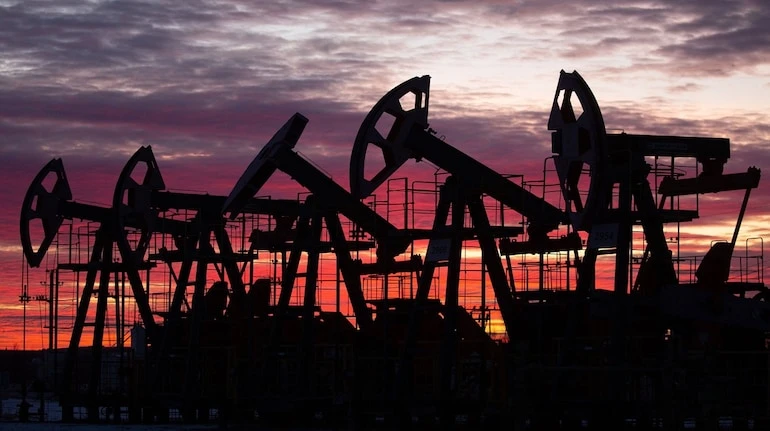India’s crude supplies from Russia are expected to remain intact or even rise despite Moscow’s decision to cut down on oil production. Russia has already that it will bring down its daily output by 500,000 barrels gradually. It has now said that the production cuts will continue in 2024 as well to adhere to the decision taken by the OPEC plus block.
Russian Deputy Prime Minister Alexander Novak said that commitments on voluntary reduction of oil production assumed by certain OPEC+ countries will be honoured, Russian news agency TASS reported.
“Russia may choose to cut down production — in oil and gas and fertiliser but it is a long term process and surely not at the expense of India’s appetite and India’s costs, its strategic,” Lydia Kulik, Head of India Studies, SKOLKOVO Institute for Emerging Market Studies told India Narrative.
In 2022, India’s imports of Russian crude rose 10-fold.
In 2021, Russian oil comprised just 2 per cent of India’s total basket of crude imports. But now it accounts for almost 40 per cent of Indian crude imports — close to the estimated maximum of 40-45 per cent that refiners could technically process given the quality of the crude, S&P Global said. Russia supplied 32 million tons of oil and petroleum products to India, Novak had said in an interview.
“Previously we almost did not supply those products to India, whereas last year exports there totaled 32 mln tons, and they will be even higher this year,” Russian news agency TASS quoted Novak as saying.
India’s imports of seaborne crude from Moscow are even higher than China. China is now in the second spot.
Besides oil and natural gas, Russia could soon become one of India’s main suppliers of minerals including rare earth elements despite the ongoing glitches on rupee-ruble payment mechanism.
Noting that natural resources will remain one of the paramount elements of bilateral trade between India and Russia, Kulik, in an article published by the Economic Times, opined that this will be complemented with supplies of rare and non-ferrous metals indispensable for transition to the climate-friendlier systems.
“..As India aims to build greener and cleaner economy, an important mission not just for India, but for the entire global South and the world at large, there will be new avenues of cooperation here as well. Natural gas and nuclear power partnerships will likely to be complemented with supplies of nickel, copper, cobalt, lithium and other rare and non-ferrous metals indispensable for transition to the climate-friendlier systems,” Kulik wrote.
Also read: India looks beyond Australia, Africa, to source critical minerals used in electric cars




















